Rajshahi, Apr (V7N) - Activists and youth in the Barendra region held a climate strike today (Thursday, April 10, 2025) at Zero Point in Saher Bazar, Rajshahi, demanding the formation of a dedicated drought fund and the implementation of a comprehensive drought policy to address the growing climate crisis in the region.
Organized by the development research institute BARSIC and the Barendra Youth Forum, the strike highlighted the negative impacts of global climate change on the Barendra region. Participants, including youth and individuals from various walks of life, expressed concerns that severe heat, drought, and water scarcity could lead to social unrest, biodiversity loss, and crises in people's livelihoods and food security in the future.
Speakers at the event emphasized that while Bangladesh is highly vulnerable to climate change, with the coastal areas often highlighted, the Barendra region in the northwest is increasingly susceptible to drought. They pointed out the absence of significant initiatives, both globally and nationally, to specifically address the drought risks faced by this nationally drought-prone area.
Shaikh Tasnim Jamal, President of the Barendra Youth Forum, presided over the discussion, while Joint General Secretary Md. Atiqur Rahman Atiq moderated. Environmental law researcher and BARSIC Rajshahi regional coordinator Shahidul Islam, July 36 Parishad convener Mahmud Jamal Quaderi, Executive Director of Social Welfare Organization Samrat Raihan, Adivasi Yuva Parishad Rajshahi District President Upen Ravidas, Save the Nature and Life Youth Unit convener Zulfiqar Ali Haider, and others participated in the discussion.
Presenting the key demands of the climate strike, Shaikh Tasneem Jamal highlighted the increasing violence in the Barendra region linked to drought, water scarcity, and a lack of water rights. He stated that drought is disproportionately affecting farmers, tribal communities, and marginalized populations, contributing to issues like farmer suicides. He then outlined a 5-point demand:
Drought Fund: Action must be taken to collect drought funds as compensation for climate change from wealthy countries responsible for climate change.
Damage Assessment: Comprehensive assessments of the damage caused by climate change in all areas and regions must be conducted.
National Drought Policy: A national "drought policy" must be formulated, specifically considering the population and environment of the Barendra region.
Drought Allowance: A "drought allowance" should be introduced for drought victims nationwide.
Water Policy Reform: Discriminatory water policies (Jalmahal Lease Policy, BMDA Irrigation Policy, etc.) must be changed to be more public-friendly and transparent.
The climate strike underscores the growing urgency among the residents of the Barendra region for concrete action to mitigate the impacts of drought and ensure their long-term well-being and environmental sustainability.
END/RAR/RH/



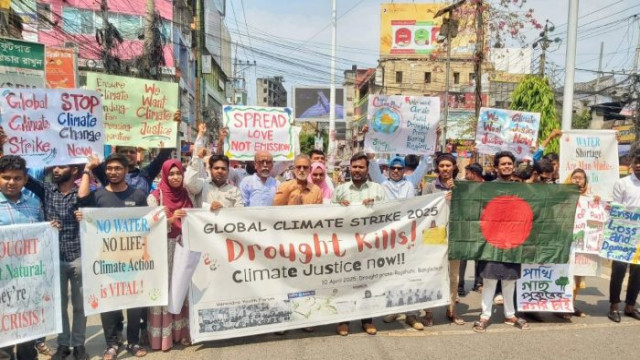
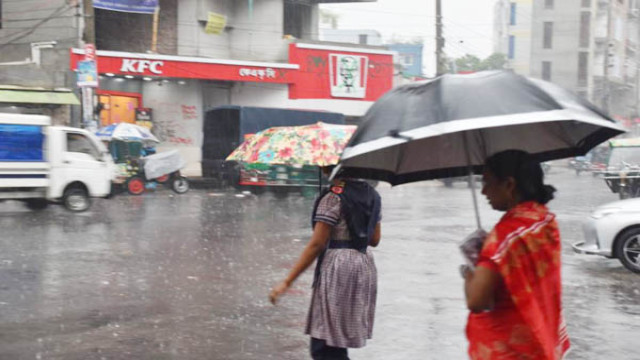

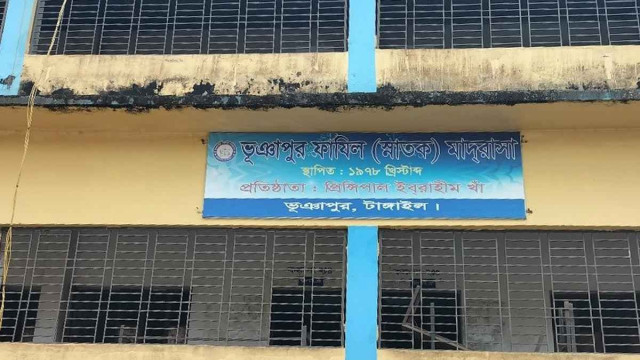

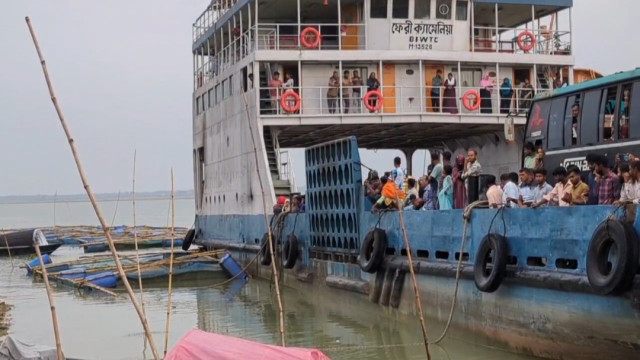
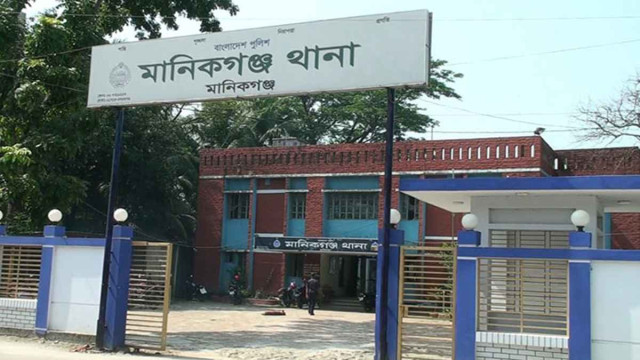

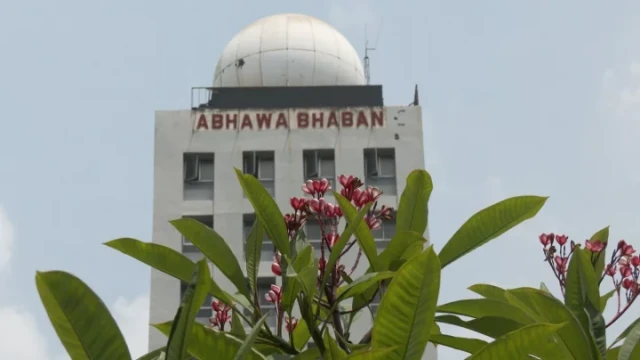
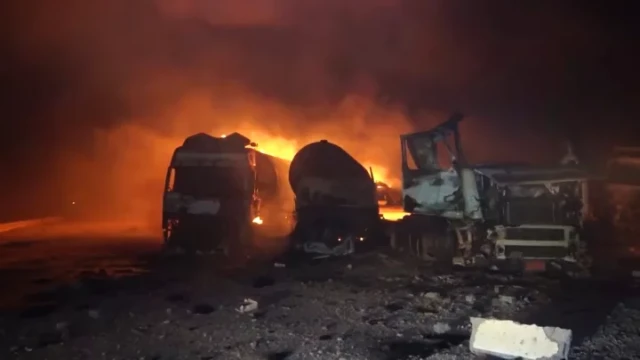
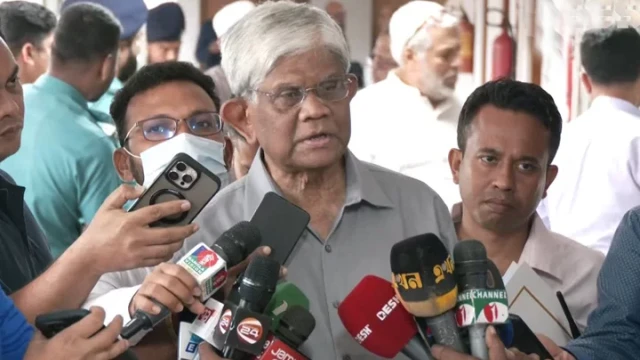


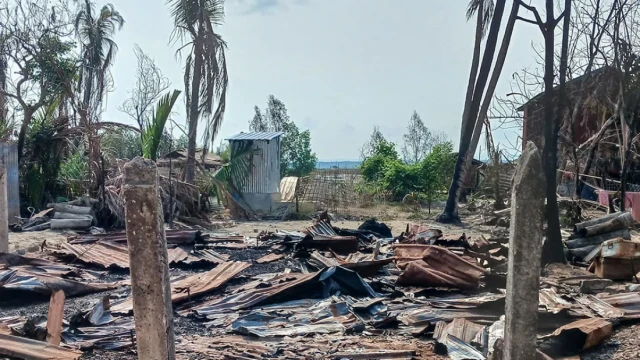
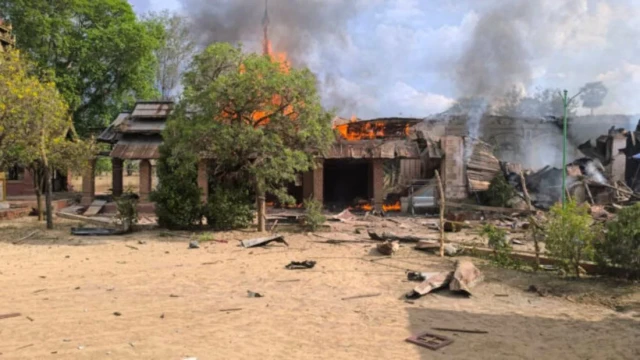
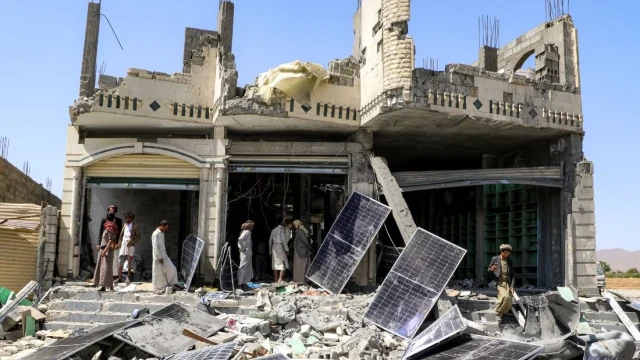


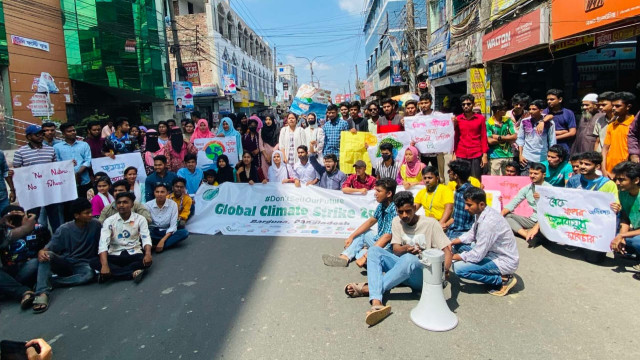
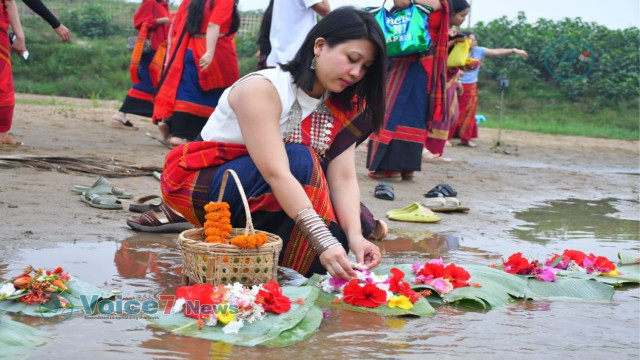




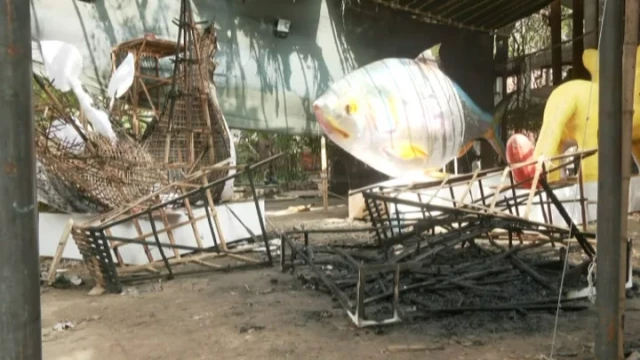



Comment: